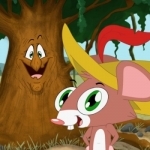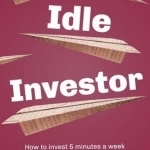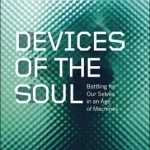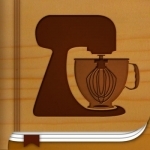
The Wheels On The Bus Musical
Education and Games
App
~~> 12 fabulous games including the full sing along in one great kids app! ~~> 11 beautiful verses...

Banyan Tales - Adventure Series & Morals for Kids
Education and Book
App
Get BanyanTales, the best socio-emotional learning app for children up to 8 years old, and watch...

Gran Canaria Marco Polo Pocket Guide
Book
Fully revised and updated for 2016. Now with new Discovery Tours chapter. Marco Polo Gran Canaria:...

The Idle Investor: How to Invest 5 Minutes a Week and Beat the Professionals: 2015
Book
This book offers 3 simple strategies to earn high returns and beat the professionals. Would you like...

Devices of the Soul
Book
Self-forgetfulness is the reigning temptation of the technological era. This is why we so readily...

WowApp - Earn. Share. Do Good
Social Networking
App
WowApp Earn. Share. Do Good WowApp is a FREE revolutionary platform that allows you to earn as a...

CookPix, my own visual cookbook
Food & Drink and Utilities
App
Appetite comes with watching. CookPix lets your create your own digital recipe photo book on the...

Kids Yogaverse: I AM LOVE
Health & Fitness and Book
App
Kids Yogaverse: I AM LOVE is “Highly recommended” by the US Surgeon General as a healthy app...
Industrial Water Resource Management, Challenges and Opportunities for Efficient Water Stewardship
Book
Water is one of the most important resources of all, Businesses, communities, and ecosystems...

